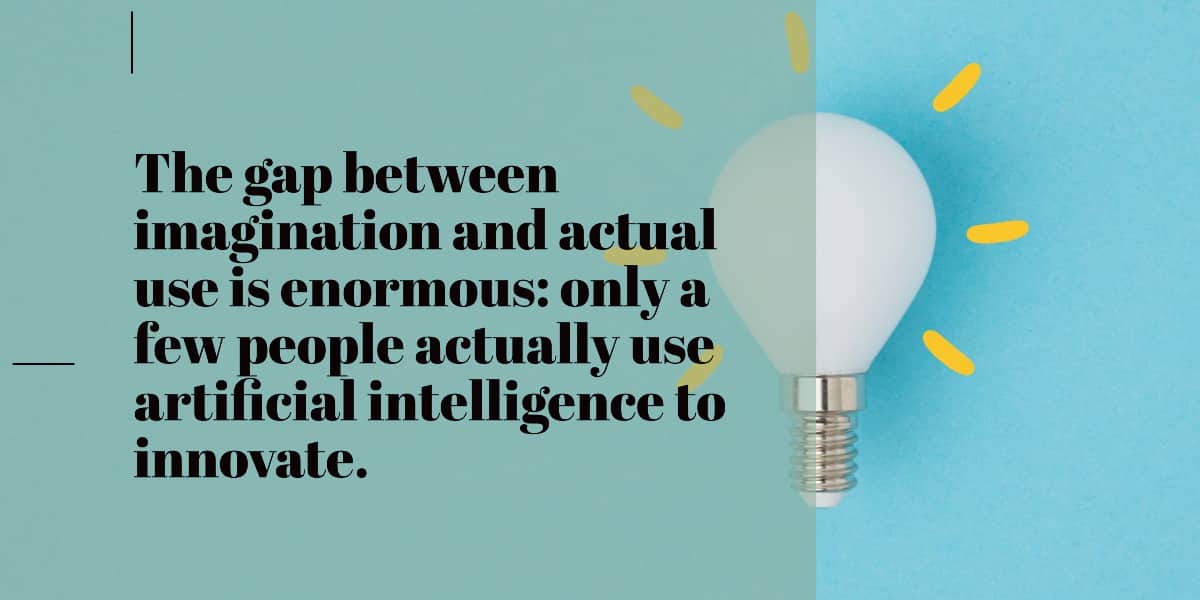In its very core, AI attempts not just to understand but also to build intelligent entities. To be able to do so, there are five different subdomains of problem solving that science needs to solve. For a given problem instance, a machine or entity needs to use Search techniques to traverse the solution space, Pattern-Recognition for improving time and space efficiency, Learning for generalising from past experience, Planning for allocating scarce resources like computational time and finally, Induction for gaining knowledge out of all findings. But there are still plenty of dimensions in which one can distinguish different types of AI or respective fields of AI research
Depending how you define AI, its history goes back either to very recent research, starting around 1956 with a “Summer Research Project on Artificial Intelligence”, or to the great ancient Greek philosopher Aristotle himself. Thus, an extensive view on AI is naturally impossible within a few pages. Here, AI is introduced on a high level with emphasis on two point of views: technological and innovation-theoretical.
The impact of AI has now moved one step further, making its mark on product development and innovation as a whole. Gary Binstock, Strategic Innovation and Technology Alliances at Colgate Palmolive stated, “Innovation and product creation used to come from internal research and development teams. We would hire internal teams and spend years creating new products taking them to market on our own timetable. Now, AI takes control of the research element of our processes, thus, leaving us with more time to focus our efforts on development.”
Learn how Microsoft is advancing manufacturing innovation with AI
Learning to work with AI models and tools for data extraction is a skillset that has begun to enhance and change roles in innovation and product management. This niche list of skillsets is an opportunity for professionals to acquire and excel in, setting them apart in the job market. As the need for new skills and jobs arise, those who move quickly and adapt to change will be provided with great opportunities.
In April 2018, the European Commission put forward a European approach to artificial intelligence and robotics. This addresses technological, ethical, legal and socio-economic aspects to boost EU’s research and industrial capacity and to put AI at the service of European citizens and economy. Digital Innovation Hubs will play a key role in ensuring that all – especially SMEs, companies operating in non-technological sectors and public administrations – reap full benefits from artificial intelligence.
Despite all of the fears regarding AI replacing human jobs, the algorithms are still not that advanced leaving some meaningful work to innovation managers and strategists. Software-enabled solutions are there to release the most precious resource, time, for specialists to focus on critical and actionable tasks instead of operational and research ones. One should therefore look for suitable innovation management solutions enabling a company to discover new opportunities, on the one hand, and also streamline processes already in place, on the other.
But the gap between imagination and actual use is enormous: only a few people actually use artificial intelligence to innovate. The current high costs and the still often lacking resources and capabilities within a company are brake blocks. However, experiments in the AI innovation context can easily be tested.
Want to learn more – take at look this press release regarding a worldwide unique course “AI Innovation Management”, which closes the gap between AI theory and value-adding implementation in industry.
Talent is a major issue for most organisations. Data scientists and software engineers aren’t the only high-demand personnel. Companies also need people who combine business skills with an understanding of AI. Companies that are moving toward AI-centric innovation processes must consider how the transformation will affect their staffing in terms of skill shortages, job elimination, or both. In pharma, for example, as AI algorithms learn to identify the types of people and conditions best suited for clinical trials—a major process innovation—the need for human involvement in this critical function changes. Banks and other financial services companies are already feeling the impact of voice recognition and credit-scoring systems that use AI technology to automate customer service.
Innovating for today is the machine that feeds innovation for tomorrow – culturally, in capability, process and much more. To do this successfully, it means adopting AI-enabled Idea Management to drive innovation even further.




